Welcome to Hangzhou
Return Charming Cities
Hangzhou
Discover Hangzhou
Before coming to Hangzhou, you must have heard of Alibaba,with its legend of a vast commercial empire built on the mobileworld. Yes, Hangzhou is the city that gives birth to China’s omnipresent e-commerce and mobile payment.
Hangzhou emerged as an urban center as early as 222 BC which marked the beginning of its 2,200 years of history. As a significant source of Chinese civilization, Hangzhou ranks among the seven ancient capitals of China. Here unearthed the world's earliest canoe, bearing testimony to the nation's 5,000-year-old civilization.
Known for its picturesque scenic highlights and profound cultural heritage, Hangzhou is "the most graceful and splendid city" acclaimed by Marco Polo, and the land that inspired the creation of the immortal music masterpiece of the Butterfly Lovers. Reputed as China’s home of silk and capital of tea, the ancient city is an outstanding representative of country’s Jiangnan Culture. Currently boasting three World Culture Heritage sites: West Lake, Grand Canal and Archaeological Ruins of Liangzhu, it hosted the G20 Summit in 2016 and will soon embrace the 19th Asian Games.
A 46-minute high-speed train ride takes you from Shanghai to Hangzhou. Coming to Hangzhou, you can enjoy peace of the nation’s safest city and experience the quality of life of "the Happiest City in China". Welcome to Hangzhou and you are guaranteed a fabulous time!
Location of Hangzhou
46 minutes high-speed train ride from Shanghai
Or 2 hours car drive
Xiaoshan International Airport
Hongqiao Airport
Pudong Airport
History
One of the birthplaces of Chinese civilization and ranking among the seven ancient capitals in China, Hangzhou stands out as the "Famous Town of Southeast China". The excavation of the Kuahu Bridge site located in the city's Xiaoshan district indicates that as early as 8,000 years ago the place already saw thriving human activities. The 5,000 year-old Liangzhu culture is hailed by historians as "the dawn of civilization". First set up as a county in the Qin Dynasty (221-206 BC), Liangzhu has a past of over 2,200 years. In the 9th year of Emperor Yang Jian, founder of the Sui Dynasty (581-618), the old Qiantang County (today's Hangzhou) was abolished and replaced by Hangzhou (Hang prefecture), marking the first appearance of its current name. Hangzhou was a marvel to 13th century Italian traveler Marco Polo who called it "the most graceful and splendid city of the world".
Economy
In 2022, Hangzhou saw stable economic growth with a gross domestic product (GDP) of 1.88 trillion yuan ($272.62 billion), a year-on-year increase of 1.5 percent. Per capita income of urban and rural residents grew 3.1 percent and 5.8 percent respectively to 77,043 yuan and 45,13 yuan.
The city saw robust growth in its digital economy in 2022 as the total value added of Hangzhou's digital economy exceeded 500 billion yuan, accounting for more than 27 percent of the city's GDP.
Hangzhou's exports exceeded 500 billion yuan for the first time, reaching 514.1 billion yuan, accounting for 2.15 percent of China's total.
Culture
Hangzhou boasts a long history and great cultural wealth. Its culture features the landmarks of the city, like West Lake, the Grand Canal and the Qiantang River and embraces integration and development in an open and innovative era. The West Lake Culture absorbed the essence of local culture in different epochs, such as Kuahuqiao Culture, Liangzhu Culture that dates back to 3310 - 2250 BC, Wuyue Culture, and the cultures of the Southern Dynasty (1127-1279), Ming and Qing dynasties (1368-1644, 1644-1911) and the Minguo era (1912-1949). West Lake Culture covers a wide range of elements, including landscape, gardening, religion, architecture, celebrities, folk customs, the Silk Road, tea and cuisine, all coming together in delicacy and harmony. The Canal Culture, which integrates the specialties, waterscape, local opera and temple fairs, shows the openness, inclusiveness and popularity of Hangzhou Culture. Qiantangjiang Culture is as magnificent as the tidal bore of the Qiantang River.
Geography & Climate As the capital of Zhejiang province and its economic, cultural, science and educational center, Hangzhou is one of the central cities in the Yangtze River Delta. It also ranks among the first batch of National Historical and Cultural Towns crowned by the State Council.
Located in the southern wing of the Yangtze River Delta, at the western tip of Hangzhou Bay, it is the crossing point of the extension of the Silk Road Economic Belt and the 21st Century Maritime Silk Road, and a strategic hub along the Online Silk Road. Situated at the juncture of 29°11'-30°34' North and 118°20'-120°37' East, Hangzhou features a perfect blending of hills and water, and lakes and town, with its harmonious rich water resources of rivers, canals, lakes, sea, creeks. Hilly or mountain areas, largely concentrated in the west, middle and south, account for 65.6 percent of its territory. Its plains amount to 26.4 percent, mainly found in the northeast; and the surface area of rivers, lakes and reservoirs takes up 8.0 percent. Hangzhou boasts the largest reservoir in China's southern coast -- Qiandao Lake. Traversing the city is the world's longest artificial canal -- the Beijing-Hangzhou Grand Canal, and the Qiantang River, widely known for its spectacular tidal waves.
Hangzhou enjoys a subtropical monsoon climate with distinct seasons, ample sunlight and rainfall, more in spring and autumn and less in winter and summer.
Administrative Division
Under the jurisdiction of the city of Hangzhou are 10 urban districts, namely Shangcheng, Gongshu, Xihu (West Lake), Binjiang, Xiaoshan, Yuhang, Linping, Qiantang, Fuyang, and Lin'an, one county-level city -- Jiande -- and the two counties of Tonglu, and Chun'an. The city covers a total area of 16,596 square kilometers; 4,876 of them are urban.
Hangzhou emerged as an urban center as early as 222 BC which marked the beginning of its 2,200 years of history. As a significant source of Chinese civilization, Hangzhou ranks among the seven ancient capitals of China. Here unearthed the world's earliest canoe, bearing testimony to the nation's 5,000-year-old civilization.
Known for its picturesque scenic highlights and profound cultural heritage, Hangzhou is "the most graceful and splendid city" acclaimed by Marco Polo, and the land that inspired the creation of the immortal music masterpiece of the Butterfly Lovers. Reputed as China’s home of silk and capital of tea, the ancient city is an outstanding representative of country’s Jiangnan Culture. Currently boasting three World Culture Heritage sites: West Lake, Grand Canal and Archaeological Ruins of Liangzhu, it hosted the G20 Summit in 2016 and will soon embrace the 19th Asian Games.
A 46-minute high-speed train ride takes you from Shanghai to Hangzhou. Coming to Hangzhou, you can enjoy peace of the nation’s safest city and experience the quality of life of "the Happiest City in China". Welcome to Hangzhou and you are guaranteed a fabulous time!
Location of Hangzhou
46 minutes high-speed train ride from Shanghai
Or 2 hours car drive
Xiaoshan International Airport
Hongqiao Airport
Pudong Airport
History
One of the birthplaces of Chinese civilization and ranking among the seven ancient capitals in China, Hangzhou stands out as the "Famous Town of Southeast China". The excavation of the Kuahu Bridge site located in the city's Xiaoshan district indicates that as early as 8,000 years ago the place already saw thriving human activities. The 5,000 year-old Liangzhu culture is hailed by historians as "the dawn of civilization". First set up as a county in the Qin Dynasty (221-206 BC), Liangzhu has a past of over 2,200 years. In the 9th year of Emperor Yang Jian, founder of the Sui Dynasty (581-618), the old Qiantang County (today's Hangzhou) was abolished and replaced by Hangzhou (Hang prefecture), marking the first appearance of its current name. Hangzhou was a marvel to 13th century Italian traveler Marco Polo who called it "the most graceful and splendid city of the world".
Economy
In 2022, Hangzhou saw stable economic growth with a gross domestic product (GDP) of 1.88 trillion yuan ($272.62 billion), a year-on-year increase of 1.5 percent. Per capita income of urban and rural residents grew 3.1 percent and 5.8 percent respectively to 77,043 yuan and 45,13 yuan.
The city saw robust growth in its digital economy in 2022 as the total value added of Hangzhou's digital economy exceeded 500 billion yuan, accounting for more than 27 percent of the city's GDP.
Hangzhou's exports exceeded 500 billion yuan for the first time, reaching 514.1 billion yuan, accounting for 2.15 percent of China's total.
Culture
Hangzhou boasts a long history and great cultural wealth. Its culture features the landmarks of the city, like West Lake, the Grand Canal and the Qiantang River and embraces integration and development in an open and innovative era. The West Lake Culture absorbed the essence of local culture in different epochs, such as Kuahuqiao Culture, Liangzhu Culture that dates back to 3310 - 2250 BC, Wuyue Culture, and the cultures of the Southern Dynasty (1127-1279), Ming and Qing dynasties (1368-1644, 1644-1911) and the Minguo era (1912-1949). West Lake Culture covers a wide range of elements, including landscape, gardening, religion, architecture, celebrities, folk customs, the Silk Road, tea and cuisine, all coming together in delicacy and harmony. The Canal Culture, which integrates the specialties, waterscape, local opera and temple fairs, shows the openness, inclusiveness and popularity of Hangzhou Culture. Qiantangjiang Culture is as magnificent as the tidal bore of the Qiantang River.
Geography & Climate As the capital of Zhejiang province and its economic, cultural, science and educational center, Hangzhou is one of the central cities in the Yangtze River Delta. It also ranks among the first batch of National Historical and Cultural Towns crowned by the State Council.
Located in the southern wing of the Yangtze River Delta, at the western tip of Hangzhou Bay, it is the crossing point of the extension of the Silk Road Economic Belt and the 21st Century Maritime Silk Road, and a strategic hub along the Online Silk Road. Situated at the juncture of 29°11'-30°34' North and 118°20'-120°37' East, Hangzhou features a perfect blending of hills and water, and lakes and town, with its harmonious rich water resources of rivers, canals, lakes, sea, creeks. Hilly or mountain areas, largely concentrated in the west, middle and south, account for 65.6 percent of its territory. Its plains amount to 26.4 percent, mainly found in the northeast; and the surface area of rivers, lakes and reservoirs takes up 8.0 percent. Hangzhou boasts the largest reservoir in China's southern coast -- Qiandao Lake. Traversing the city is the world's longest artificial canal -- the Beijing-Hangzhou Grand Canal, and the Qiantang River, widely known for its spectacular tidal waves.
Hangzhou enjoys a subtropical monsoon climate with distinct seasons, ample sunlight and rainfall, more in spring and autumn and less in winter and summer.
Administrative Division
Under the jurisdiction of the city of Hangzhou are 10 urban districts, namely Shangcheng, Gongshu, Xihu (West Lake), Binjiang, Xiaoshan, Yuhang, Linping, Qiantang, Fuyang, and Lin'an, one county-level city -- Jiande -- and the two counties of Tonglu, and Chun'an. The city covers a total area of 16,596 square kilometers; 4,876 of them are urban.
MORE+
In Focus
MORE+Events
MORE+-
 Hangzhoufeel is inviting foreign nationals to join a vibrant community celebration for the upcoming Dragon Boat Festival at Huanbei Xincun Community of Gongshu's Tianshui subdistrict!
Hangzhoufeel is inviting foreign nationals to join a vibrant community celebration for the upcoming Dragon Boat Festival at Huanbei Xincun Community of Gongshu's Tianshui subdistrict!
-
 If you're interested in what Hangzhou looked like 75 years ago, there is an exhibition that offers a one-stop experience.
2024 marks the 75th anniversary of the founding of the People's Republic of China and the liberation of Hangzhou.
If you're interested in what Hangzhou looked like 75 years ago, there is an exhibition that offers a one-stop experience.
2024 marks the 75th anniversary of the founding of the People's Republic of China and the liberation of Hangzhou.





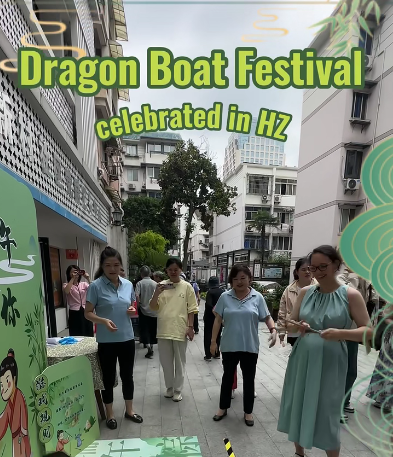
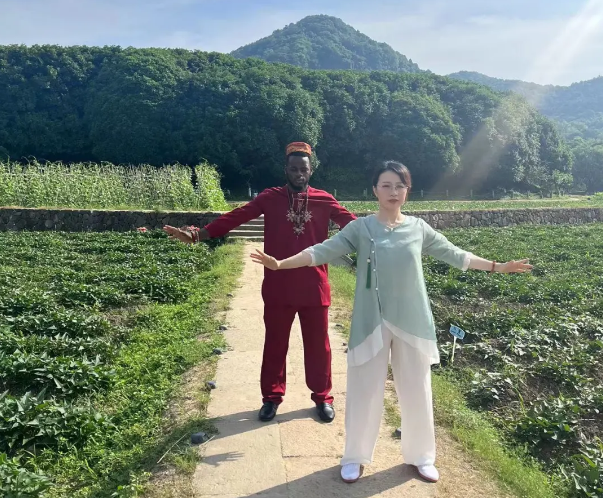
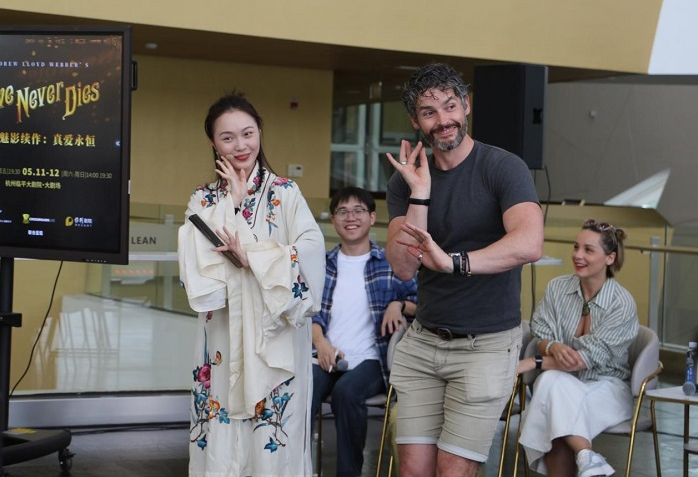
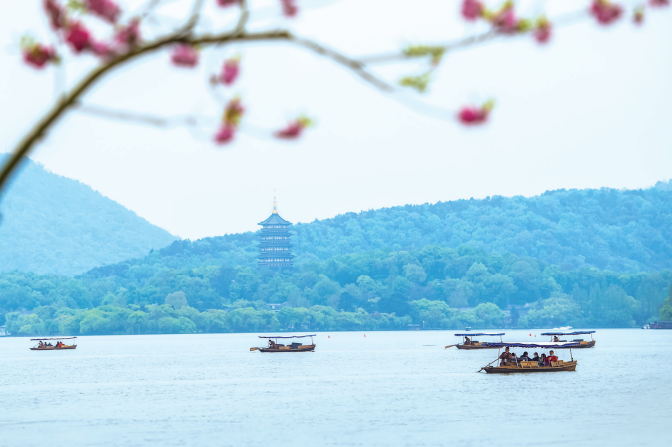

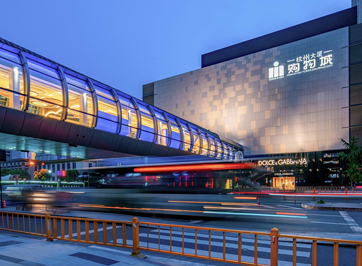

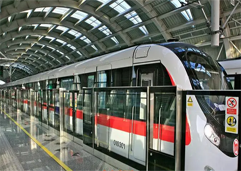



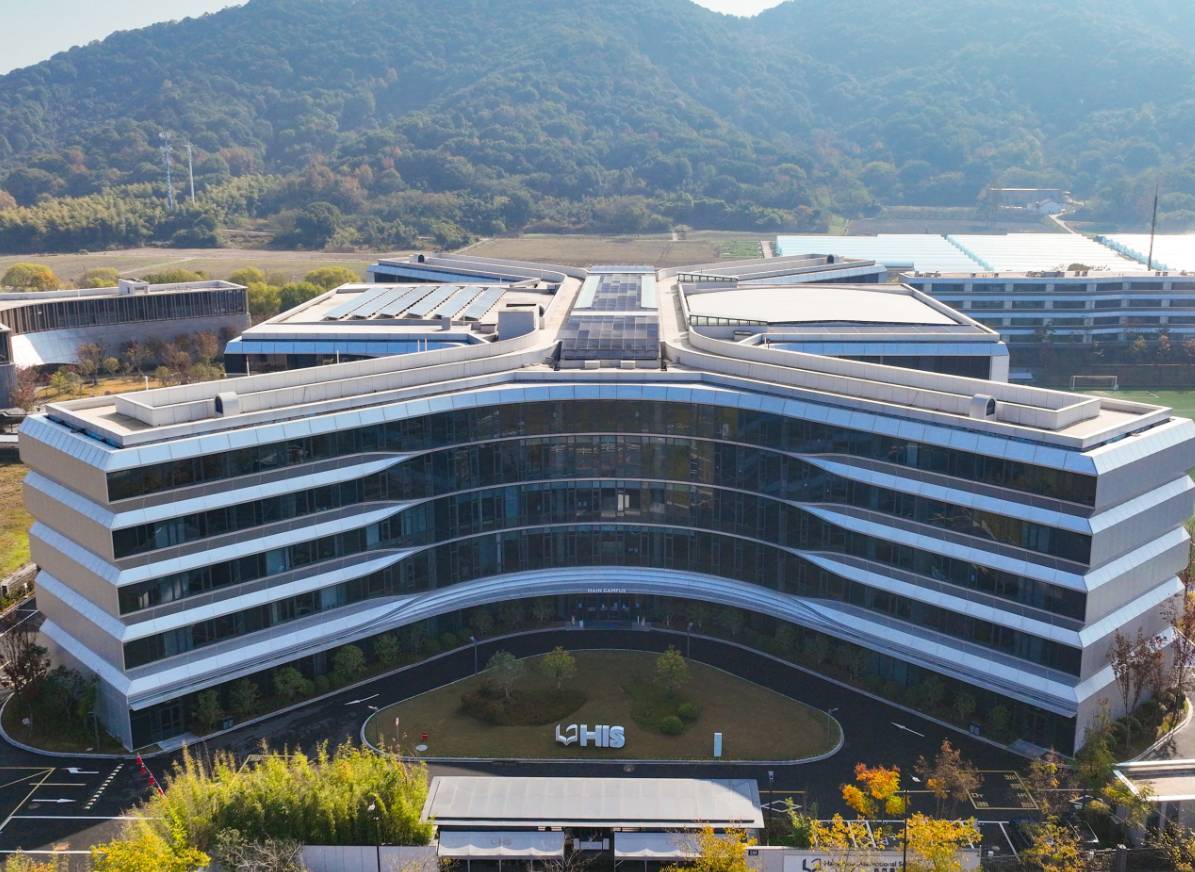
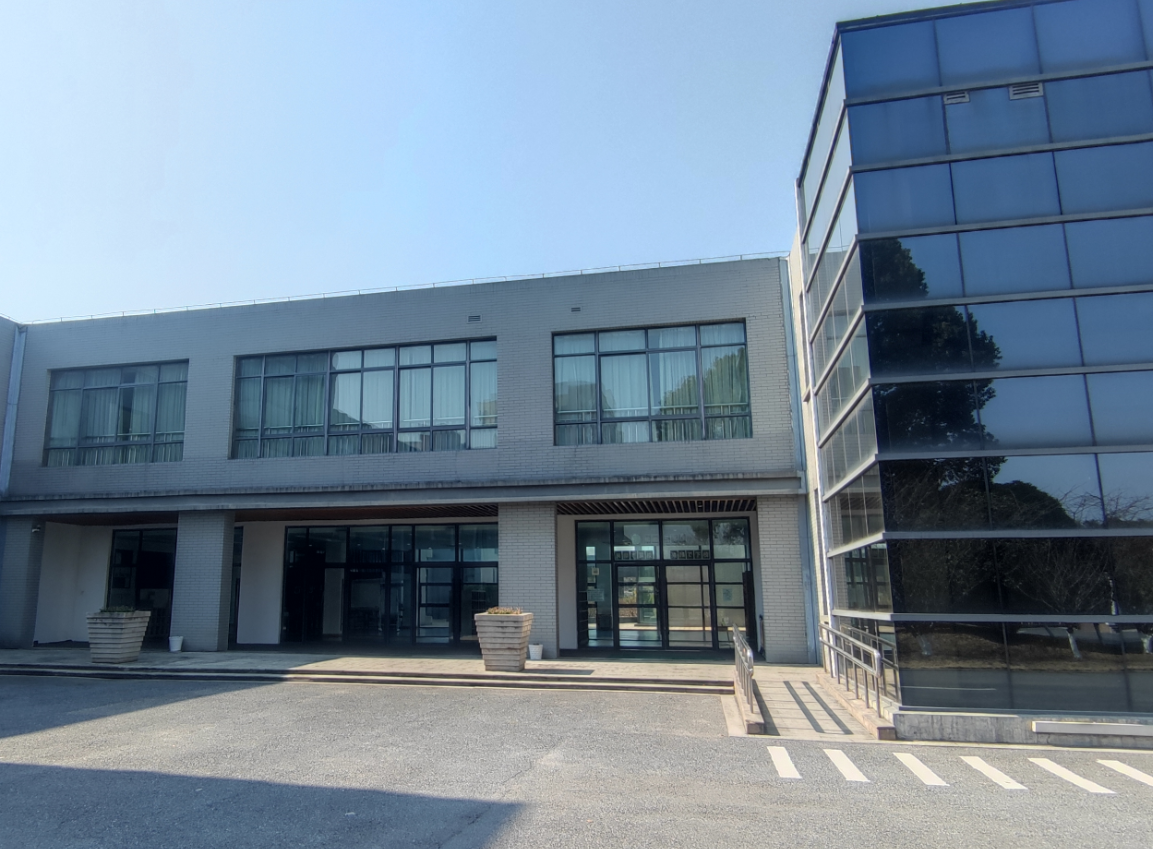
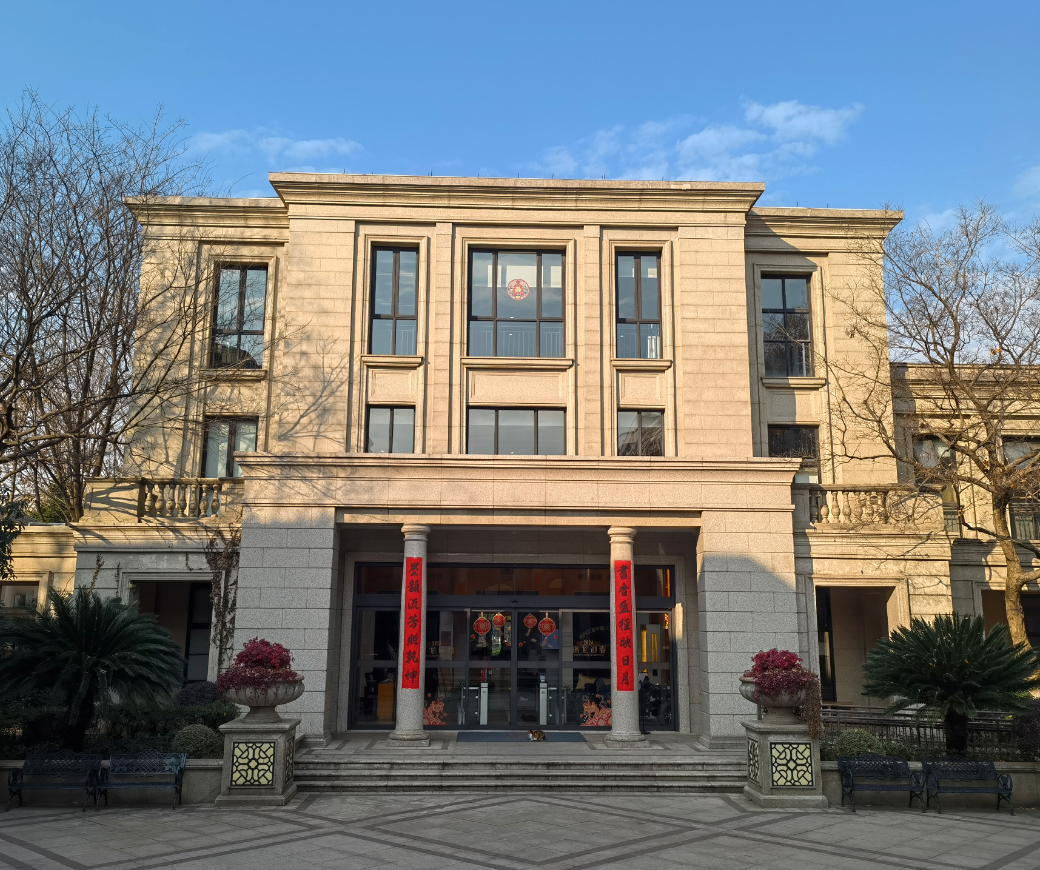
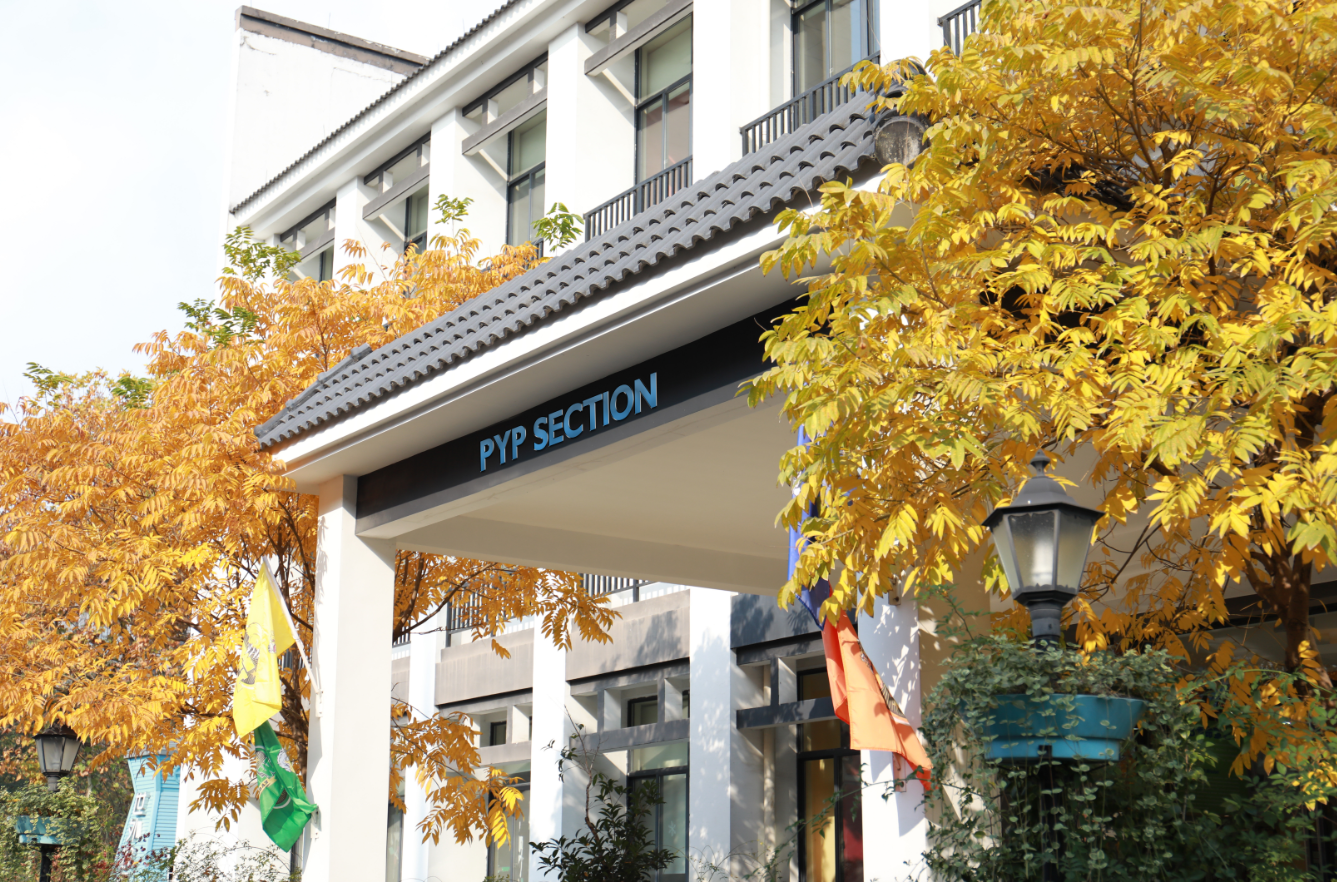
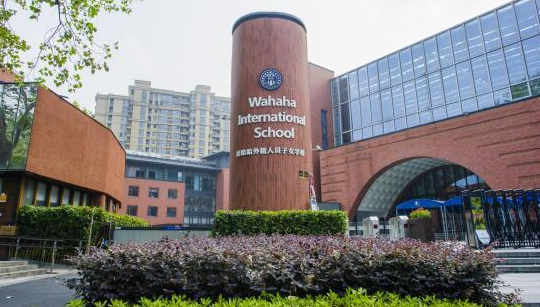
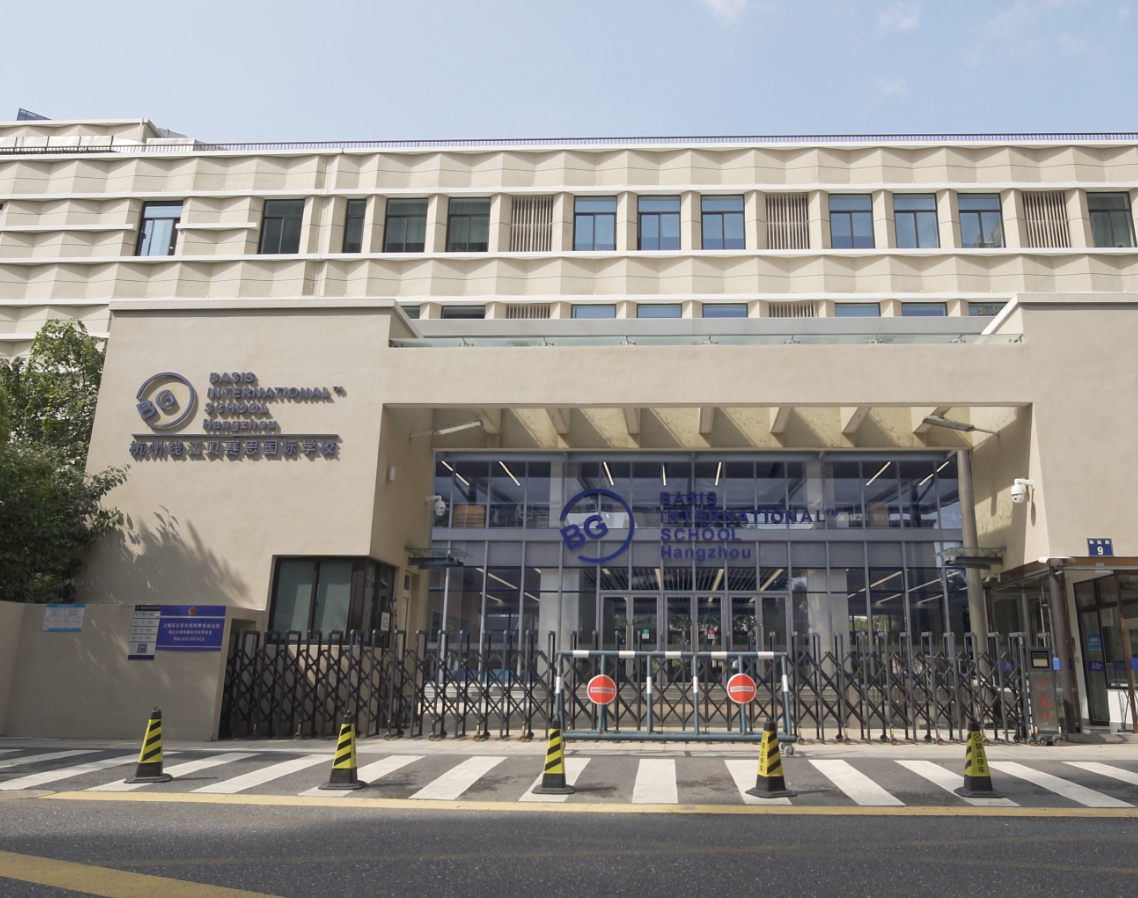
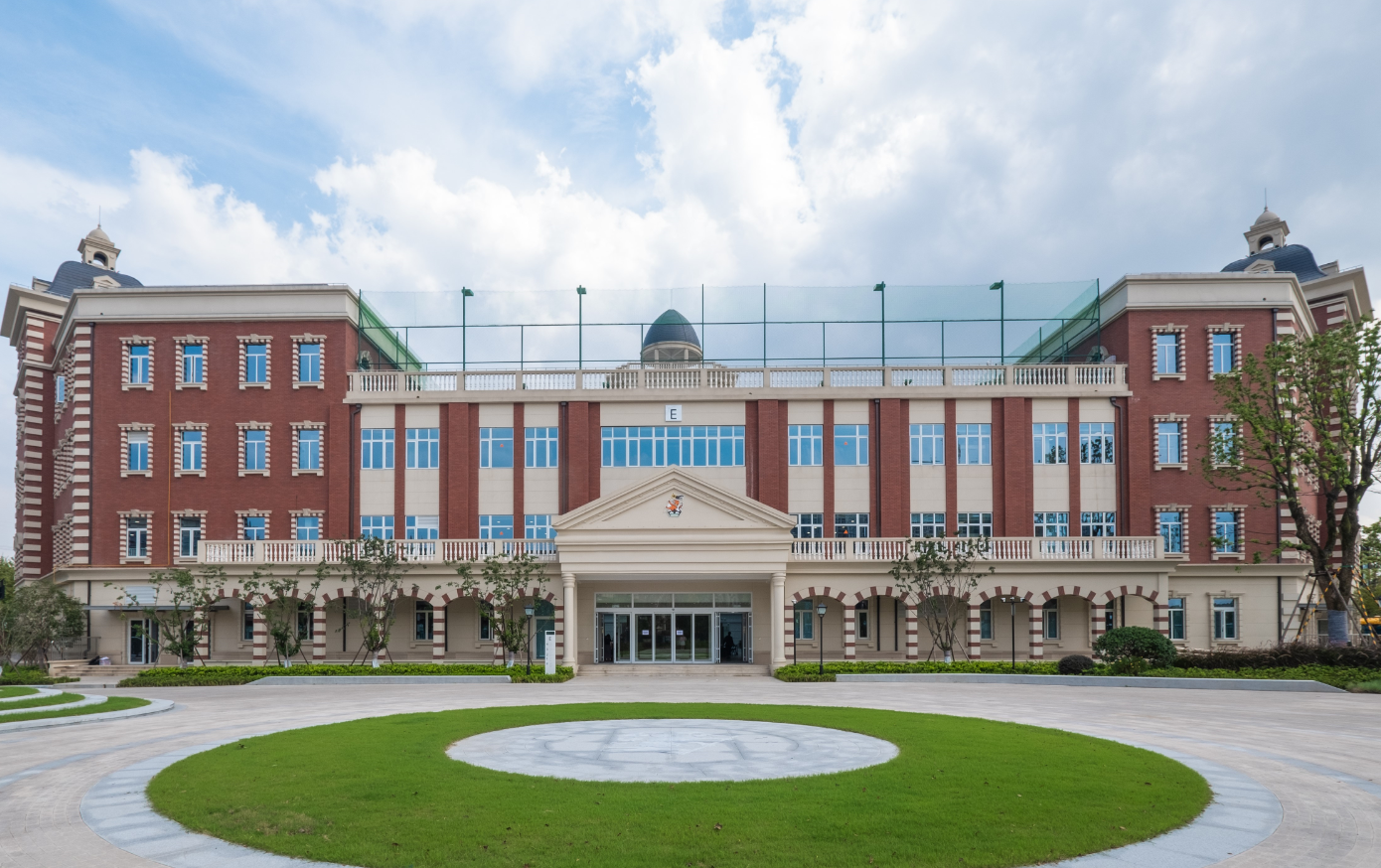
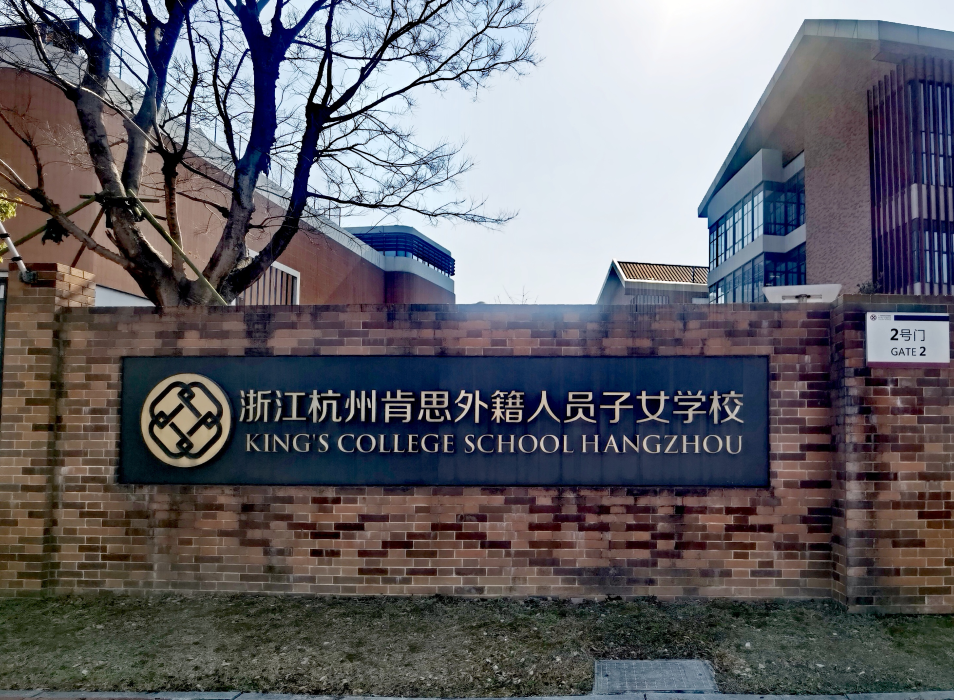
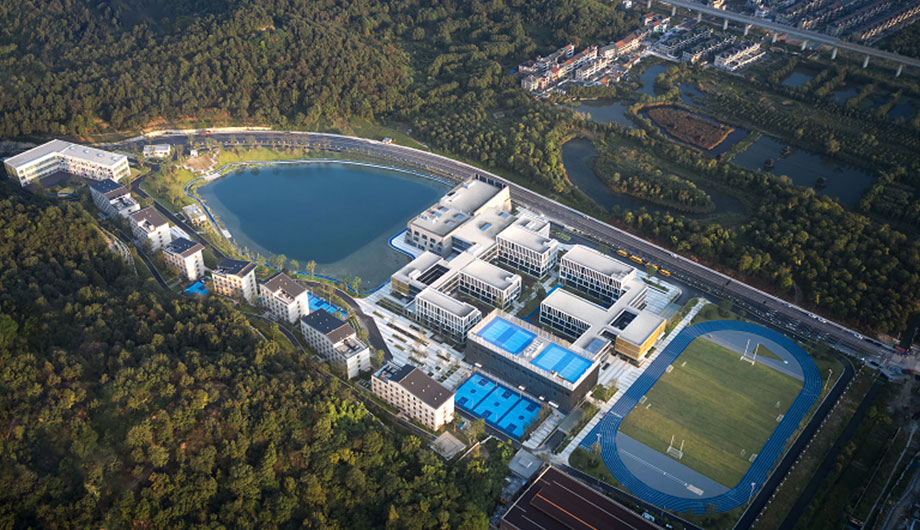
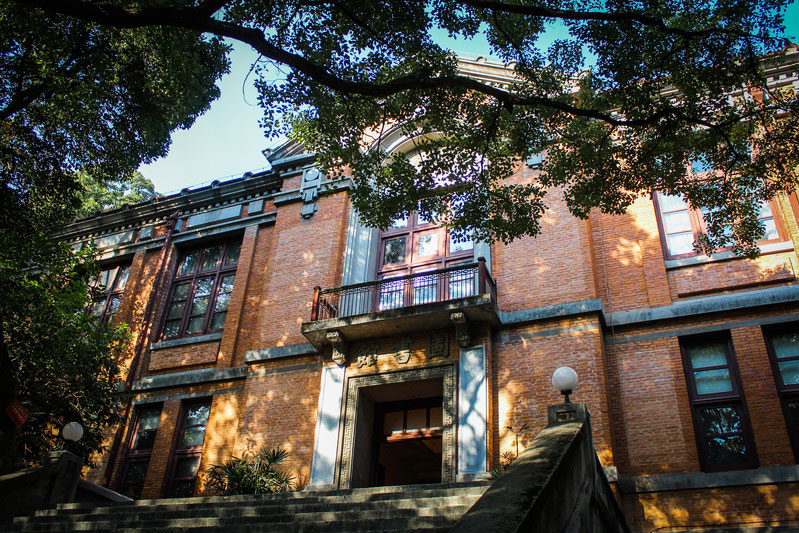
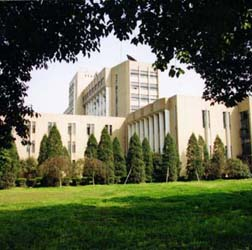

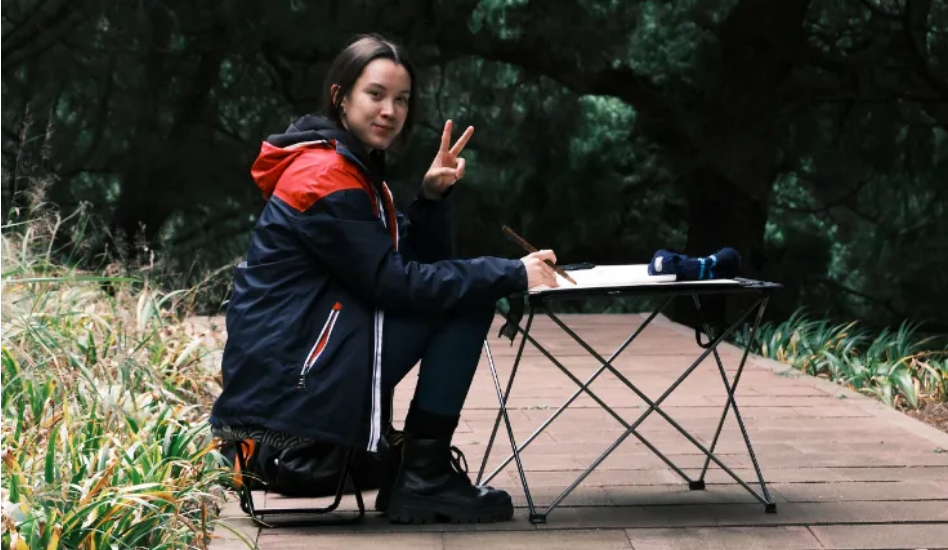
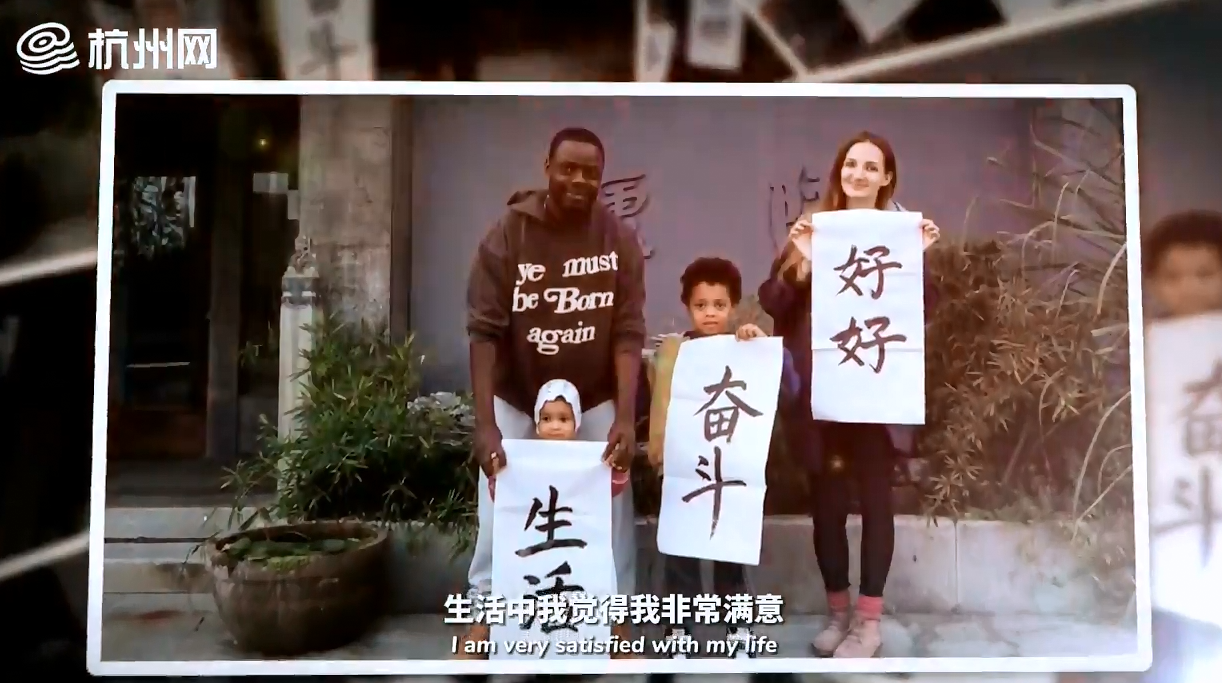


 京公网安备
京公网安备